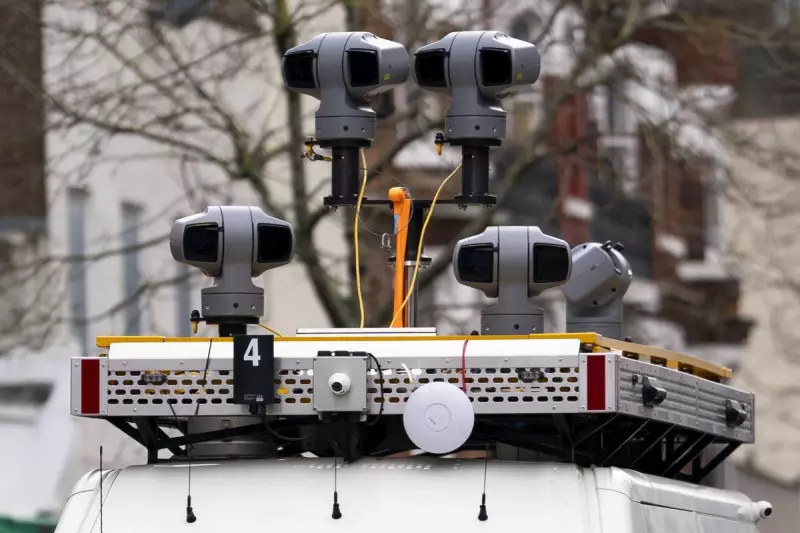
Metropolitan Police Commissioner Sir Mark Rowley has launched a robust defence of the force's controversial use of live facial recognition technology, branding its critics as modern-day 'Luddites' who are stuck in an 'Orwellian debate'. The comments come after the tech was deployed at this year's Notting Hill Carnival to scan the faces of thousands of revellers.
In a striking dismissal of privacy concerns raised by civil liberty groups, Sir Mark argued that the public discourse has not kept pace with the reality of modern policing needs. He insisted that the technology is a vital tool for apprehending serious criminals in crowded spaces.
Dismissing the 'Big Brother' Critique
Speaking to the Independent, the UK's top police officer directly addressed organisations like Big Brother Watch, which have condemned the surveillance tactic as a 'dystopian' infringement on civil liberties. Sir Mark countered these claims, stating the debate is '20 years out of date' and fails to recognise the sophisticated and targeted nature of the software used today.
'If you're a paedophile or a rapist or a murderer, and you're on our wanted list, and you're thinking of coming to the carnival to do bad stuff, we will spot you and we will come and get you,' he asserted, framing the technology as a direct deterrent to dangerous offenders.
How the Notting Hill Carnival Operation Worked
The deployment involved cameras scanning the faces of attendees and comparing them in real-time against a pre-determined watchlist of individuals wanted for serious and violent crimes. The Met emphasised that the watchlist was carefully curated and that all other data was instantly deleted.
This approach, according to Sir Mark, is a world away from the mass surveillance often depicted in popular culture. He stressed that the system is intelligence-led and focused solely on catching those who pose the greatest threat to public safety.
A Clash of Ideologies in the Digital Age
The Commissioner's comments set the stage for a renewed ideological clash between law enforcement and privacy advocates. While police leadership views facial recognition as an evolution of CCTV—a necessary evolution to combat crime in the 21st century—groups like Big Brother Watch warn of a slide into a surveillance state where the public's right to anonymity is eroded.
Sir Mark Rowley's unequivocal stance signals a clear intent to expand the use of such technologies across London, positioning the Met at the forefront of what he sees as a crucial, modern crime-fighting arsenal, despite the fierce opposition.





